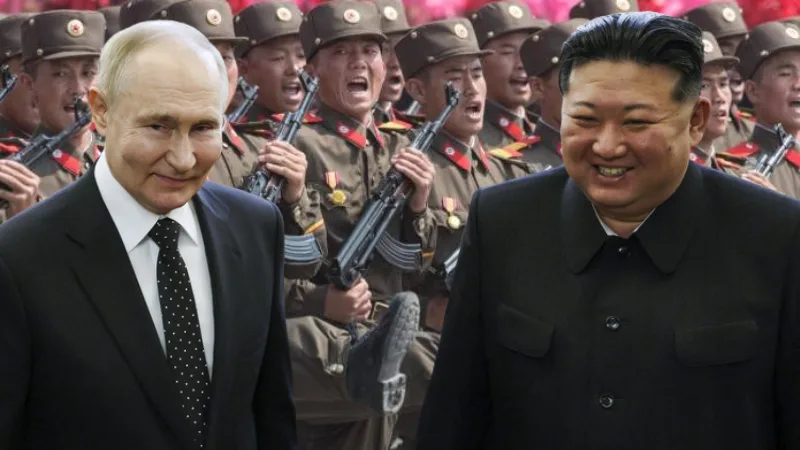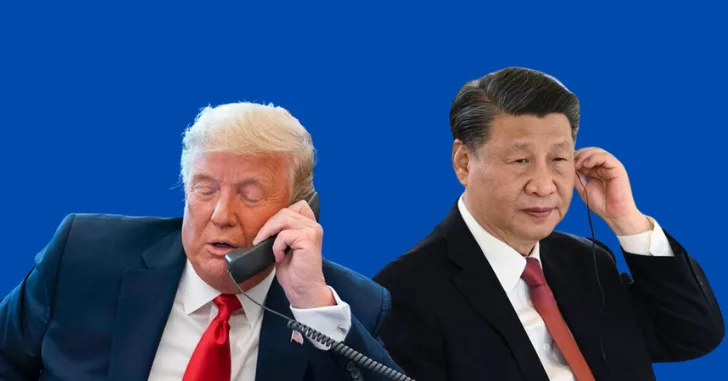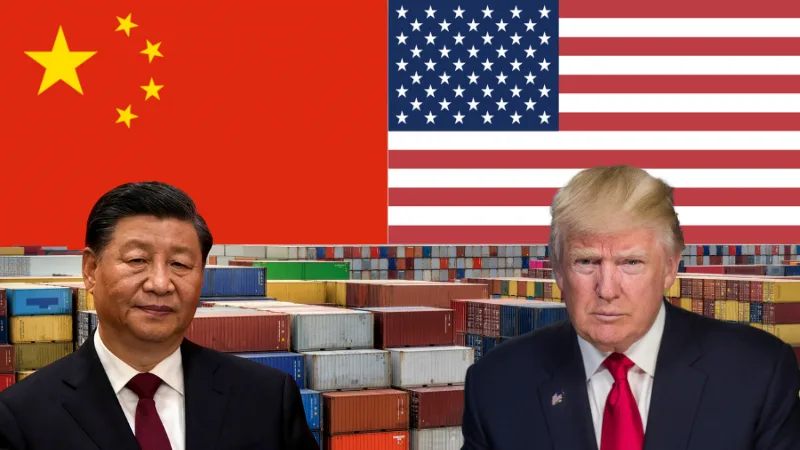In a recent escalation of the Ukraine conflict, reports confirm that North Korea has sent troops to Russia to support Moscow’s war efforts. This new development raises serious concerns for the global community, including the United States. While the war in Ukraine may feel geographically distant, North Korea’s involvement could have significant and far-reaching consequences for Americans, particularly in terms of security, economic stability, and foreign policy.
North Korea’s Role in Russia’s War
According to South Korea’s National Intelligence Service, North Korea has sent approximately 1,500 troops to Russia to assist in its war against Ukraine, with expectations that thousands more may follow opb. This comes as Russia, facing manpower shortages and international isolation, increasingly turns to its few remaining allies for support. In addition to supplying soldiers, North Korea has also provided Russia with weapons and artillery.
The collaboration between these two isolated nations is troubling and signals a shift in the global geopolitical landscape that could have profound effects on U.S. interests.
The Impact on U.S. National Security
North Korea’s growing alliance with Russia could increase the threat of global instability, raising concerns for U.S. national security. With North Korea already a nuclear-armed state, its deepening involvement in a major European conflict escalates risks. The possibility of North Korean soldiers or weapons directly impacting the war effort in Ukraine could prompt a stronger response from NATO, potentially drawing the U.S. deeper into the conflict. Moreover, this cooperation might embolden North Korea to pursue more aggressive actions in Asia, increasing tensions on multiple fronts Newsweek.
Economic Consequences for Americans
The war in Ukraine has already caused significant disruption in global energy markets, and North Korea’s involvement could exacerbate these challenges. A prolonged conflict, especially one involving more nations, could drive up oil and gas prices worldwide. While the U.S. is less reliant on Russian energy, the global nature of these markets means that any disruption affects American consumers, leading to higher prices at the pump and increased costs for goods and services opb.
Additionally, the U.S. economy may feel the ripple effects through increased inflation. Global supply chain disruptions, already strained by the war, could worsen, raising prices on everyday goods. The U.S. Federal Reserve and government might face pressure to allocate more resources toward military spending, further straining public funds.
The Global Financial Markets
Financial markets often react negatively to geopolitical instability, and North Korea’s involvement in Ukraine could increase volatility. Investors, already on edge due to high inflation and economic uncertainty, may respond to this new development by pulling back from markets, creating instability that could affect American investments and retirement funds.
The Political Response: Trump and Harris
While there have been no specific statements from Donald Trump or Kamala Harris on North Korea’s latest moves, their broader foreign policy positions provide insight into their likely responses. Trump, during his presidency, often emphasized diplomacy with North Korea and might view this development as an opportunity for negotiation. However, critics argue that his friendly relations with authoritarian leaders like Kim Jong Un may have emboldened North Korea to take actions like this.
In contrast, Kamala Harris, representing the Biden administration, has consistently supported strong opposition to both Russia and North Korea’s aggressive actions. The Biden administration’s focus would likely be on maintaining international pressure on both nations while working with NATO and other allies to counter this new threat POLITICO.
Conclusion
North Korea’s involvement in the Russia-Ukraine war is a concerning development that has direct implications for the United States. It could lead to increased economic pressures, heightened global instability, and further escalation in a conflict that has already disrupted global markets and supply chains. For Americans, this means potentially higher energy prices, inflation, and a more volatile financial market, alongside growing security threats. Keeping a close eye on how this situation develops—and understanding its far-reaching consequences—is essential for policymakers, investors, and citizens alike.





